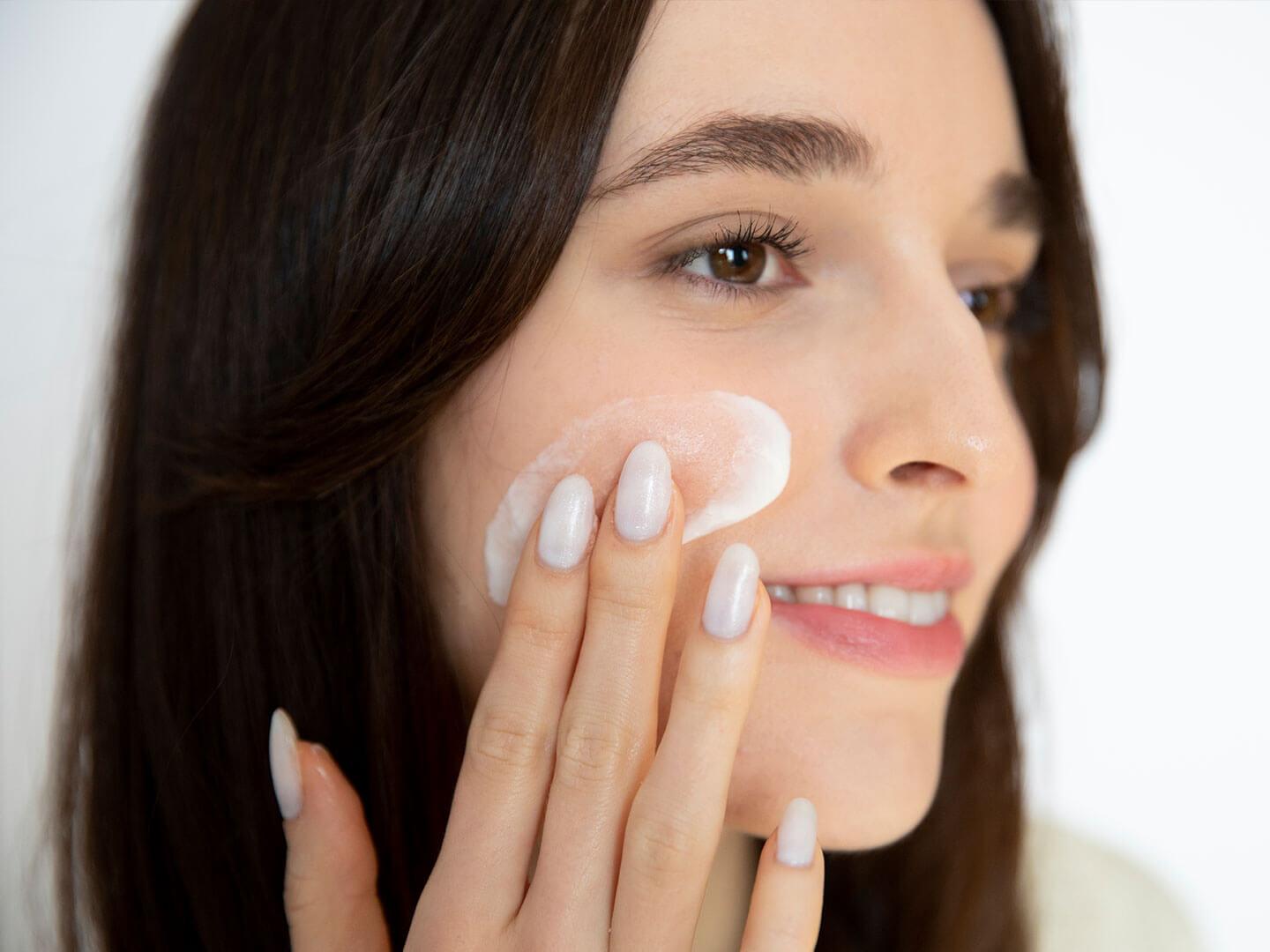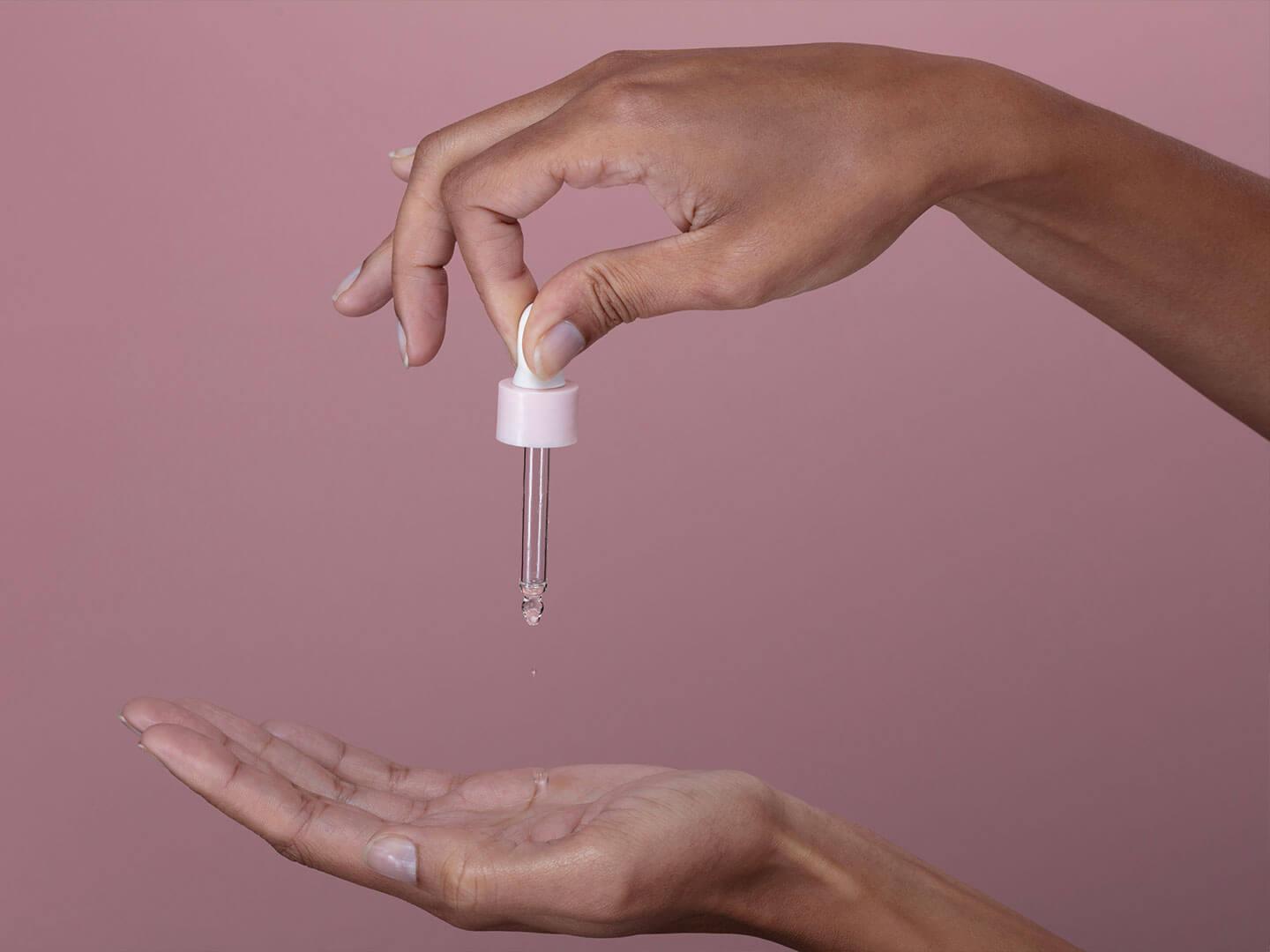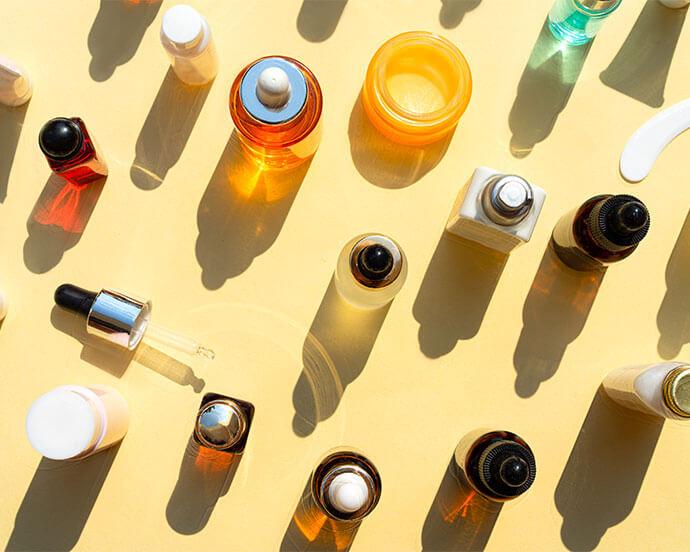Our Expert Derms Weigh In on the Best Skincare Routine for Your Dry Skin



IPSY Editors


Dry skin got you down? We feel you. No matter the season, battling with dry skin can be challenging. In the winter, it may feel like you can never find relief or find a moisturizer thick enough. And then in the summer months, dealing with dryness can be irritating because we’re sweating and using a lot more SPF.
The truth is, creating a skincare routine for dry skin doesn’t have to be hard. In fact, there are so many effective products meant to replenish dry skin and prevent your skin barrier from becoming compromised further. We asked the experts: What are the best products and skincare routines to replenish your dry skin’s moisture? Read on to find out. Hint—you’ll need to focus on more than just your moisturizer!
It's about glam time you treated yourself.
Join IPSY

MEET THE EXPERT
Caren Campbell, MD, is a board-certified dermatologist based in San Francisco. She loves educating her patients on the best solutions for their skin and debunking beauty myths.
Joshua Zeichner, MD, is a board-certified dermatologist. He is the Director of Cosmetic and Clinical Research in Dermatology at the Mount Sinai Hospital in New York City.
1. Understand the Symptoms of Dry Skin
Believe it or not, sometimes dry skin can be hard to decode. Do you actually have dry skin? Are your skincare ingredients not meshing well and causing pilling? Or did you use something that may have caused irritation? These are all important questions to ask yourself before taking action and running through the aisles reading product labels to solve your skin.
“Dry skin is rough texture to the skin with fine lines or scales and dry skin can oftentimes itch,” explains dermatologist Caren Campbell, MD. Dry skin can also cause flaking and redness and sometimes those can be your first signs of the issue.
Your skin can be dry also due to a chronic issue. “Genetically, some people do not produce adequate amounts of epidermal lipids, and have a weakness in the other skin layer as a result cold temperatures, low humidity, over washing, and over scrubbing all can contribute to dryness as well,” says dermatologist Joshua Zeichner, MD.
2. Avoid Hot Showers
Hot water may feel indulgent and comforting, but for those with dry skin, it can exacerbate the issue further. The intense heat strips away the skin's natural oils, leading to dehydration and irritation, ultimately compromising its moisture barrier. “Avoid loofahs or wash clothes and use a mild soap like dove fragrance free,” adds Dr. Campbell. Excess heat is not what your skin needs, but rather consistent room temperature water to cleanse skin and avoid further redness or itching.
3. Sleep With a Humidifier
Sleeping with a humidifier can be a game-changer for dry skin sufferers. By adding moisture to the air, humidifiers help prevent the skin from losing hydration overnight, promoting a more balanced and supple complexion come morning. This simple addition to your sleep routine can work wonders in combating the parched feeling often associated with skin hydration issues.
4. Apply a Nourishing Cream Post-Shower
“Emollients are natural oils that soften the outer skin layer. If you have dry skin, keep showers short and use lukewarm water. After patting dry, apply moisturizer within five minutes to lock in hydration,” says Dr. Zeichner. Sometimes you may need a thicker skin-soothing ointment for especially dry, irritated, or inflamed areas to treat but also prevent moisture loss where you need it most.
Dr. Campbell recommends using a cream that contains ceramides. Ceramides and filaggrin are the essential building blocks of our skin barrier that keep the outside environment out and lock moisture into our skin. Apply it to damp skin post shower for best results.
5. Look for Specific Dry Skin-Friendly Ingredients
The best way to address dry skin is to apply a moisturizer that contains a complement of humectant, occlusive, and emollient ingredients. “Humectants, like glycerin or hyaluronic acid, are like sponges that pull in hydration to the outer skin layer. Occlusive like petrolatum or dimethicone form a breathable seal over the skin to lock in hydration,” notes Dr. Zeichner.
Be on the lookout for ingredients like ceramides, glycerin, and dimethicone. Ceramides help lock moisture into the skin, glycerin is a hydrating ingredient used in many face washes and moisturizers, and dimethicone is a protective barrier locking moisture into the skin that you’ll find in many products made for dry skin, eczema, and sensitive skin. Hydrating cleansers, oil cleansers, hyaluronic acid serums, and a good night cream will be essential items in your dry skincare routine.
6. Avoid Harsh Exfoliating Products
Over exfoliating for anyone is a big skincare no-no, but even more so if you have dry skin. You likely already have a compromised skin barrier that has trouble retaining moisture and staying hydrating, so further stripping it with an overuse of exfoliating products, like alpha hydroxy acid (AHA) and beta hydroxy acid (BHA) peels or retinols, will only exacerbate dry skin and irritate it further.
“If dryness of the face is the issue, make sure you are not using drying products, like AHA/BHAs [glycolic and salicylic acid], retinoids, or retinols,” says Dr. Campbell. “If so, stop these products. Use a gentle soap and use a light facial moisturizer.”
7. Know When to Seek Help
“If you are itchy and have a rash, apply some hydrocortisone for one to two days, but avoid thin skinned areas like eyelids and underarms,” says Dr. Campbell. As always, if it keeps persisting, you need to see a board-certified dermatologist. You could be allergic to something you’re using, or you may need a prescription to calm the rash or dryness down. This happens often with individuals who have eczema breakouts or other skin conditions that they cannot get under control due to harsh weather, excessive sweat, or itching where the skin becomes broken.
Looking for more tips on how to take care of your skin? What about products best suited for your skin type? Take our Beauty Quiz now to get started with your own IPSY beauty subscription. Already an IPSY member? Refer your friends to earn points, which you can use toward products. Either way, don’t forget to check us out on Instagram and TikTok @IPSY.
Like this article? Share it with your friends by clicking the icons below!
Liked this post? Share!
Related Stories


Skin
This Is How People Are Using Retinol Without Peeling
Published on Feb 3, 2026 • 5 min read


Skin
The 10 Best Barrier Creams for Every Skin Type
Published on Oct 10, 2024


Skin
7 Expert-Backed Hacks to Fix Your Skin Barrier
Published on Nov 27, 2024 • 5 min read


Skin
Your Step-By-Step Guide to the Perfect Morning Skincare
Published on Sep 11, 2024


Skin
Sensitive or Reactive? Let’s Get Real About What’s Going On With Your Skin
Published on Feb 3, 2026 • 5 min read


Skin
What Is Reactive Skin and How Do You Treat It? Our Expert Weighs In
Published on Feb 3, 2026 • 5 min read


Skin
Should Skincare Hurt? Experts Say Stop Using Your Product If This Happens
Published on Feb 3, 2026 • 3 min read


Skin
What Does Stress Do to Your Skin? Experts Weigh In
Published on Feb 3, 2026 • 9 min read


Beauty Picked Just for You
Get 5 products worth up to $70
Plus exclusive access to epic deals up to 80% off
Starting at just $14/month. Cancel anytime.